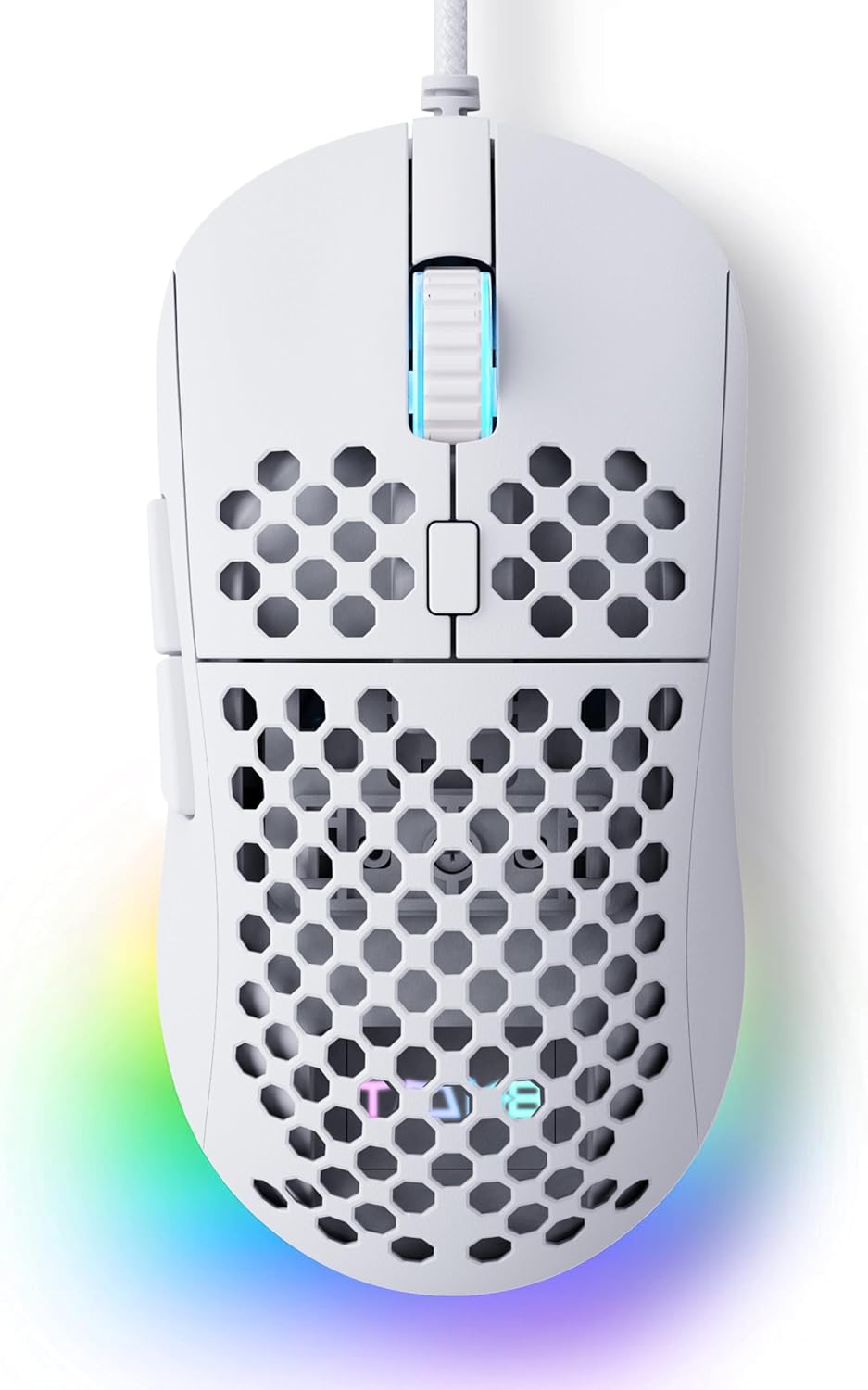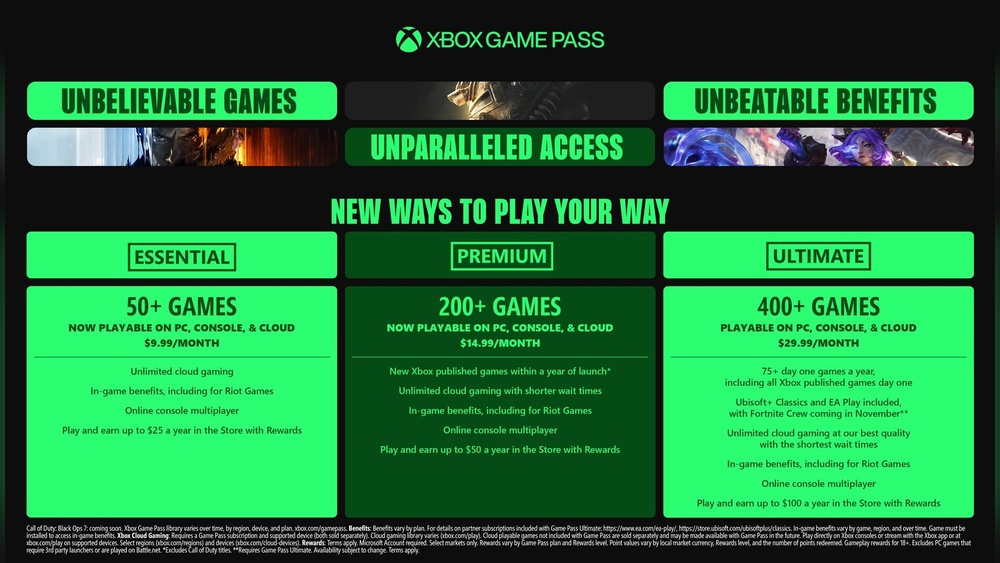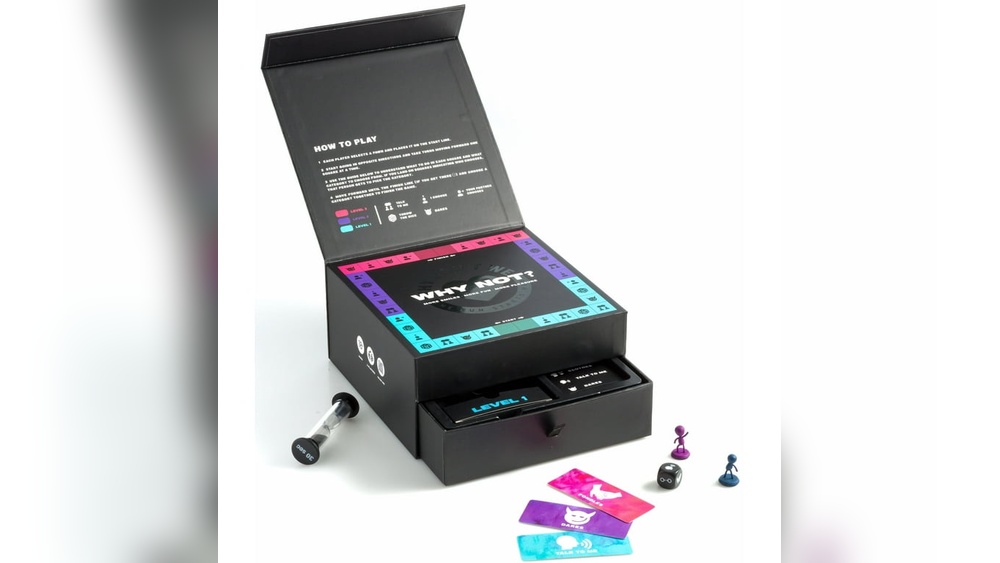Looking to buy a gaming PC but not sure where to start? You want a machine that runs your favorite games smoothly without emptying your wallet.
Choosing the right gaming PC can feel overwhelming with so many options and tech terms. But don’t worry—you’re about to discover exactly what to look for, what matters most, and how to pick a PC that fits your gaming style and budget.
Keep reading, and you’ll feel confident making the best choice for your next gaming setup.
Choosing The Right Budget
Choosing the right budget is key to buying a gaming PC. Your budget decides the parts and performance you get. It helps to know what games you want to play and at what settings. This way, you spend just the right amount for your needs.
Entry-level Options
Entry-level gaming PCs are best for casual gamers. They handle popular games at low to medium settings. These PCs cost less and use basic parts. Expect smooth gameplay in games like Fortnite or Minecraft. They may struggle with the latest, demanding titles.
Mid-range Builds
Mid-range systems offer better performance for popular games. They run most games at medium to high settings. These PCs include faster processors and better graphics cards. They balance cost and power well. Good for gamers who want solid play without overspending.
High-end Systems
High-end gaming PCs deliver top performance and visuals. They support 4K gaming and high frame rates. These builds use the latest CPUs, GPUs, and plenty of RAM. Ideal for serious gamers or streamers. They come with a higher price but last longer.
Key Components To Consider
Choosing the right gaming PC means knowing the parts that matter most. Each component affects how well games run and how smooth the experience feels. Understanding these parts helps you pick a PC that fits your needs and budget.
Some parts boost graphics, some speed up processing, and others keep your system stable. Let’s explore the key components to consider for a great gaming PC.
Graphics Card Importance
The graphics card controls how games look on your screen. A strong card shows clear images and smooth motion. It handles colors, lights, and special effects in games.
Higher-end cards work better with new games and higher settings. Choose a card that matches your gaming style and monitor resolution. A weak graphics card can cause lag and poor visuals.
Processor Choices
The processor acts like the brain of your PC. It manages game logic, physics, and tasks behind the scenes. A fast processor keeps games running smoothly without slowdowns.
Choose a processor with enough speed and cores for modern games. Some games need more cores, while others rely on faster clock speeds. Balance is key to avoid bottlenecks.
Ram And Storage
RAM helps your PC run multiple tasks and games at once. More RAM means better multitasking and fewer crashes during gameplay. Aim for at least 8GB, but 16GB is better for new games.
Storage holds your games and files. Solid-state drives (SSD) load games faster than traditional hard drives. A mix of SSD for games and HDD for storage works well.
Motherboard And Power Supply
The motherboard connects all your parts together. It must support your chosen processor, RAM, and graphics card. Check for enough ports and slots for future upgrades.
The power supply feeds electricity to your PC. A reliable power supply protects your components from damage. Choose one with enough wattage for your parts and good efficiency ratings.
Prebuilt Vs Custom Pcs
Choosing between a prebuilt and a custom gaming PC is a big decision. Both options have clear strengths. Understanding these can help you pick the best fit for your needs. Let’s explore the main differences and advantages of each choice.
Advantages Of Prebuilt
Prebuilt PCs come ready to use right out of the box. No need to assemble parts or worry about compatibility. They often include a warranty that covers the whole system. This means less hassle if something breaks. Prebuilt systems also save time. You get a tested, stable setup fast. Ideal for those who want to start gaming immediately.
Benefits Of Custom Builds
Custom PCs let you choose every component. Pick the exact processor, graphics card, and memory you want. This allows for better performance tailored to your games. You can upgrade parts one by one. Custom builds often offer better cooling options. Plus, they can fit your style with unique cases and lighting. Great for gamers who enjoy personalizing their PC.
Cost Comparison
Prebuilt PCs may seem cheaper at first. But they can include extra costs for software and warranties. Custom PCs can save money by selecting only needed parts. Buying parts during sales lowers expenses. Yet, custom builds require time and knowledge. Prebuilt is budget-friendly for beginners. Custom builds provide long-term value for tech-savvy buyers.
Future-proofing Your Pc
Choosing a gaming PC that lasts long saves time and money. Future-proofing means picking parts that stay useful for years. This helps your PC run new games smoothly. It also keeps your system fast and reliable. Focus on parts you can upgrade. Watch for the latest tech in the market. Follow easy tips to extend your PC’s life.
Upgradability
Choose a PC with easy upgrade options. Pick a case with enough space for new parts. A motherboard with extra slots helps add more RAM or storage. A power supply with higher wattage supports stronger components later. This keeps your PC ready for future improvements. Avoid systems with locked or limited parts. Modular designs allow swapping parts without hassle.
Latest Technologies
Select parts using current technology standards. New CPUs and GPUs offer better speed and features. Look for motherboards with fast USB and PCIe versions. Support for SSDs with NVMe boosts game load times. Use DDR4 or DDR5 RAM for faster performance. This keeps your PC compatible with upcoming software and games. Outdated tech limits your gaming experience quickly.
Longevity Tips
Keep your PC clean and cool to avoid damage. Use quality cooling systems like fans or liquid cooling. Regularly update drivers and software to improve stability. Avoid running too many programs while gaming. Monitor temperatures and fix overheating issues fast. Backup your data to prevent loss. These habits help your PC work well for many years.
Gaming Needs And Preferences
Choosing the right gaming PC depends on your gaming needs and preferences. Every gamer has different habits and priorities. Your choice should match the types of games you play and how you want to experience them.
Types Of Games Played
The kind of games you enjoy affects the PC you need. Fast-paced shooters demand high frame rates and quick response times. Strategy games require good processing power but less focus on graphics. Role-playing games often need strong visuals and large storage for game files. Casual games run well on most systems but can still benefit from decent specs.
Performance Vs Visuals
Decide if you want smooth gameplay or stunning graphics. Performance means higher frame rates and fast loading times. Visuals focus on detailed textures and realistic effects. Some gamers prefer a balance between the two. Others choose performance for competitive play or visuals for immersive experiences.
Additional Features
Extra features can improve your gaming experience. Look for good cooling systems to keep your PC running well. RGB lighting adds style but does not affect gameplay. Multiple USB ports help connect devices like controllers and headsets. Consider upgrade options to keep your PC current as games evolve.

Credit: www.reddit.com
Popular Brands And Models
Choosing the right gaming PC can feel tough. Many brands and models fill the market. Each one offers different features and prices. Knowing popular brands helps you pick a good PC. It saves time and avoids confusion.
Some brands build ready-to-use PCs. Others let you create your own system with parts. Both options have benefits. Understanding the best brands and parts guides your choice.
Top Prebuilt Brands
Prebuilt gaming PCs come from trusted companies. Alienware, ASUS ROG, and MSI are well-known. They provide powerful machines tested for gaming. These brands offer support and warranties. They suit gamers who want quick setup and reliability.
Corsair and HP Omen also make popular prebuilt PCs. Their models balance price and performance. You get solid hardware and easy upgrades. Prebuilt PCs from these brands run most games smoothly.
Recommended Custom Parts
Building your own PC means picking the best parts. Start with a strong processor like Intel Core i5 or AMD Ryzen 5. Choose a graphics card such as NVIDIA GeForce RTX 3060 or AMD Radeon RX 6600. These handle popular games well.
Memory matters too. At least 16GB of RAM helps games run fast. A solid-state drive (SSD) speeds up loading times. Brands like Corsair, Samsung, and G.Skill make reliable parts. These components create a balanced gaming PC.
User Reviews And Ratings
Reading reviews helps find real experiences with gaming PCs. Users share how well a PC runs games. They mention any issues with heat, noise, or speed. High ratings usually mean good quality and performance.
Check reviews on sites like Amazon, Newegg, or tech forums. Look for comments on customer support and build quality. Honest reviews guide you to a gaming PC that fits your needs.
Where To Buy
Choosing the right place to buy your gaming PC matters a lot. The buying spot affects price, quality, and support. Several options exist, each with pros and cons. Knowing where to buy helps you get the best deal and product. Here are the main places to consider.
Online Retailers
Online stores offer many choices and good prices. You can compare models and read reviews easily. Delivery comes right to your door. Some sites let you customize your PC parts. Watch for shipping costs and return policies. Trusted sites protect your payment information.
Local Stores
Local shops let you see the product before buying. You can ask questions and get advice from staff. Immediate pickup means no waiting for delivery. Some stores offer repair services and support. Prices may be higher than online. Visiting helps you understand the product better.
Second-hand Market
Buying used PCs can save money. Check condition and ask about warranty. Meet sellers in safe places for tests. Used PCs may need upgrades soon. Be careful with unknown sellers. This option suits people who know PC parts well.
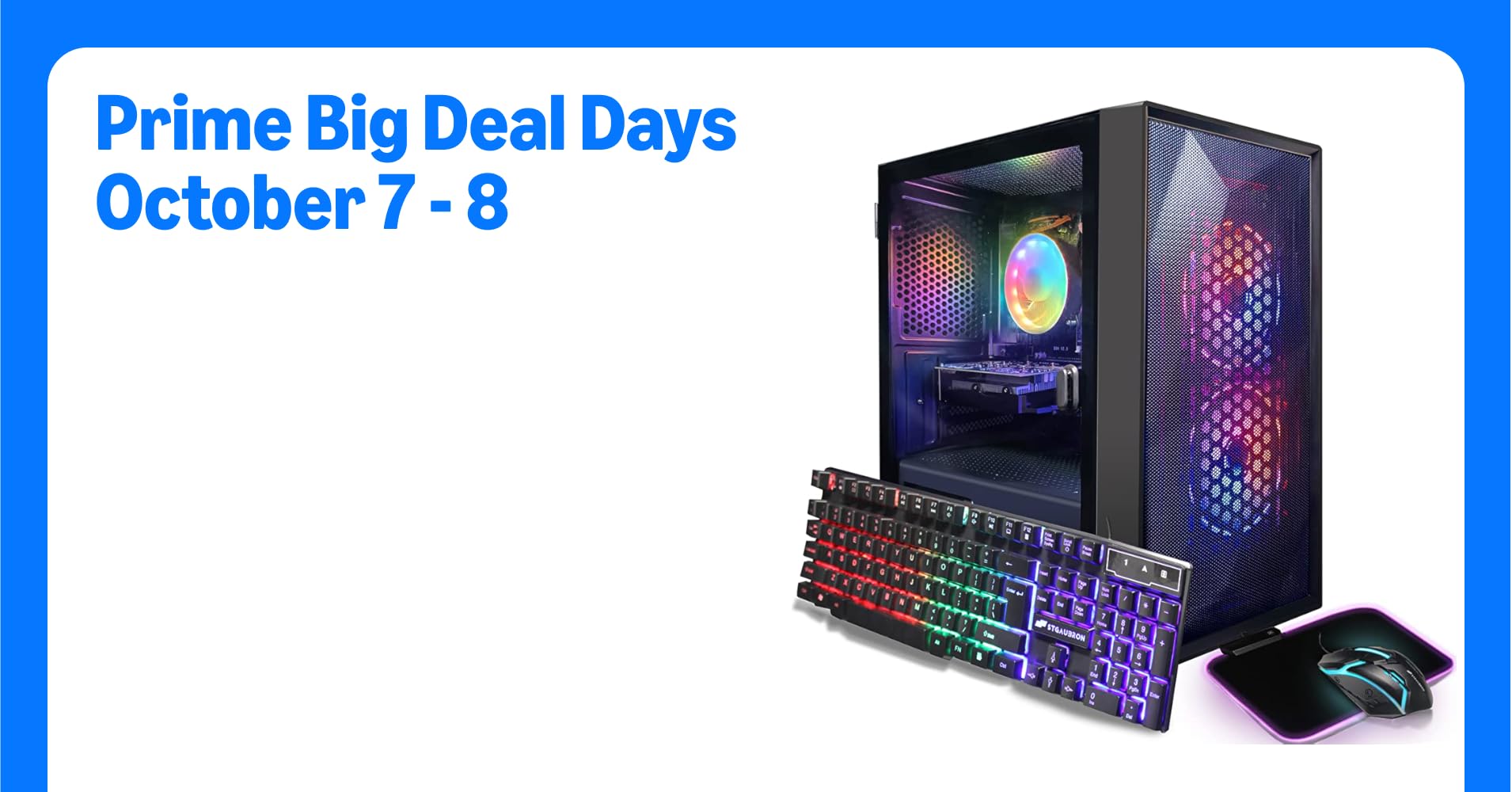
Credit: www.amazon.com
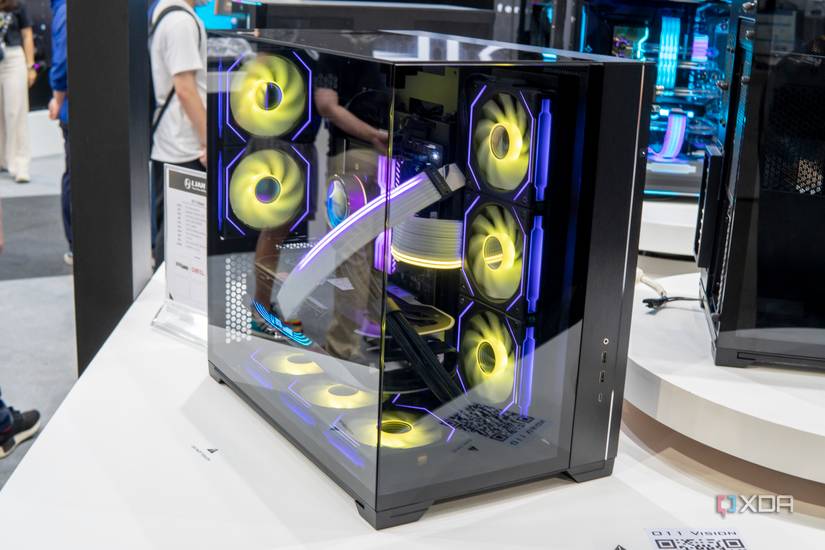
Credit: www.xda-developers.com
Frequently Asked Questions
What Specs Matter Most For A Gaming Pc?
The GPU and CPU are crucial for gaming performance. RAM and storage speed also affect gameplay. Choose components based on your game preferences and budget.
How Much Should I Spend On A Gaming Pc?
Budget between $800 and $1500 for a solid mid-range gaming PC. Higher budgets improve graphics and future-proofing. Balance cost and performance wisely.
Should I Build Or Buy A Gaming Pc?
Building offers customization and better value. Buying is convenient and often includes warranties. Choose based on your technical skills and time availability.
What Brands Are Best For Gaming Pcs?
Top brands include ASUS, MSI, Alienware, and HP Omen. Each offers quality components and reliable support. Consider reviews and warranty when choosing.
Conclusion
Choosing the right gaming PC depends on your needs and budget. Think about the games you want to play. Consider how much money you can spend. Check the parts that matter most, like the graphics card and processor. A good PC runs games smoothly and lasts longer.
Take your time to compare options. Read reviews and ask friends for advice. A smart choice makes gaming more fun. Start with what fits you best and enjoy your new setup.





